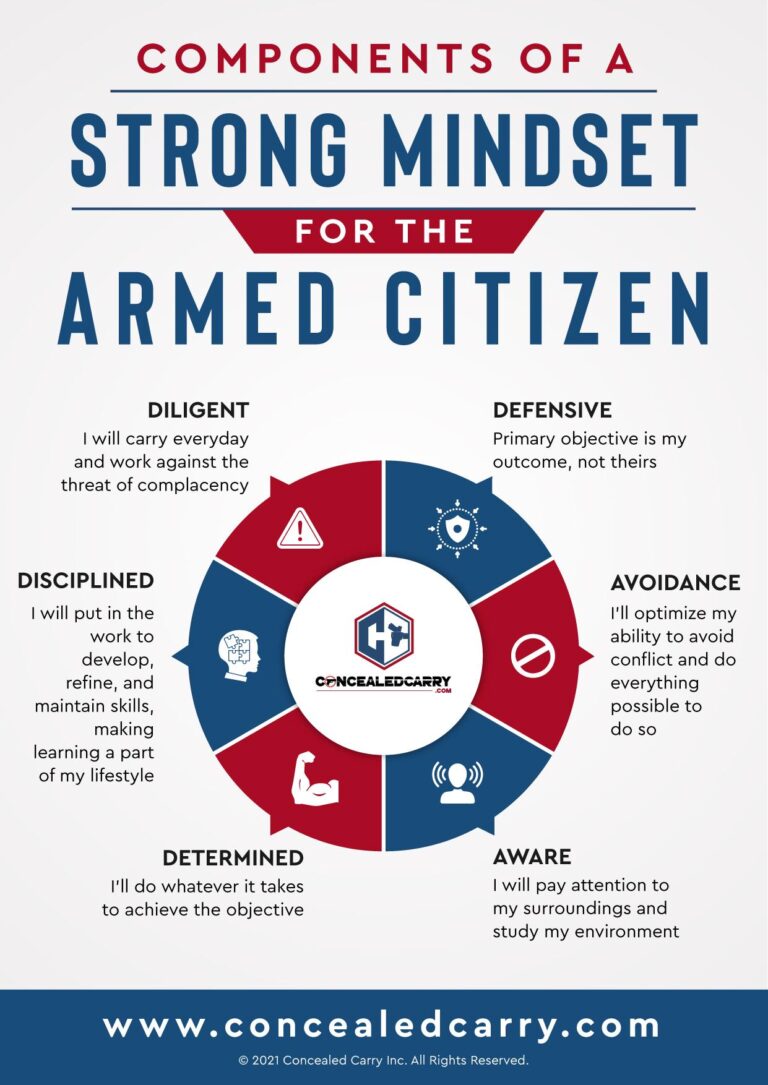Table of Contents
- Understanding the Psychological Foundations of a Defensive Mindset
- Building Confidence Through Mental Conditioning Techniques
- Harnessing Situational Awareness to Anticipate Threats
- Developing Emotional Resilience for Effective Crisis Response
- In Retrospect
Understanding the Psychological Foundations of a Defensive Mindset
At the core of every effective self-defense strategy lies a deeply ingrained psychological framework that shapes how individuals perceive threats and respond under pressure. This framework is anchored in the defensive mindset – a mental state characterized by heightened awareness, quick decision-making, and emotional regulation. Understanding this mindset requires exploring the brain’s natural survival mechanisms, such as the fight, flight, or freeze responses, which are triggered instinctively during perceived danger. Cultivating this mindset means training not only the body but also rewiring the thought patterns that dictate how we assess risk and choose our reactions, ultimately transforming fear into focused action.
Developing a defensive mindset involves several essential psychological components that empower practitioners to maintain composure and control in high-stress situations. These include:
- Situational awareness: The ability to continuously scan the environment and recognize potential hazards before they escalate.
- Emotional resilience: Managing adrenaline and fear responses to prevent panic and maintain clear, rational thinking.
- Confidence under pressure: Trusting one’s skills and judgment to respond effectively without hesitation.
By honing these mental attributes, individuals can shift from reactive, anxiety-driven behaviors to proactive, strategic decision-making – a fundamental shift that separates effective self-defense practitioners from the rest.
Building Confidence Through Mental Conditioning Techniques
Confidence in self-defense doesn’t come from brute strength alone-it emerges from a well-trained mind that stays calm and composed under pressure. Mental conditioning techniques such as visualization, positive affirmations, and controlled breathing can fortify your inner resilience. When you regularly engage in visualizing successful defense scenarios, your brain familiarizes itself with managing stressful encounters calmly. This rehearsal prepares you to react swiftly and decisively, reducing hesitation and self-doubt when faced with real threats.
Embracing mental conditioning involves more than just practice-it requires a holistic approach to mindset training. Incorporate the following strategies into your routine to nurture unwavering confidence:
- Mindful meditation: Elevate your focus and awareness, enabling quicker decision-making.
- Goal setting: Define clear, achievable self-defense milestones that boost motivation.
- Stress inoculation: Simulate pressure situations in training to build tolerance and adaptability.
Harnessing Situational Awareness to Anticipate Threats
Developing a keen perception of your environment is paramount to avoiding danger before it escalates. By observing subtle cues-such as changes in body language, unusual behavior, or incongruent environmental elements-you can detect potential threats long before they become immediate. This heightened awareness functions like a mental radar, allowing you to:
- Identify vulnerabilities in your surroundings, such as dimly lit paths or isolated areas;
- Read micro-expressions that may signal aggression or deceit;
- Assess timing and distance to make informed decisions about escape or confrontation.
Integrating situational awareness into your mindset transforms reactive self-defense into proactive protection. It empowers you to maintain mental clarity under stress and make split-second choices that prioritize safety. Training yourself to constantly scan, process, and anticipate enables an anticipatory edge, where your brain recognizes patterns and predicts behavior effectively-shifting your role from victim to vigilant guardian of your own wellbeing.
Developing Emotional Resilience for Effective Crisis Response
Building emotional resilience is a foundational element for anyone seeking to respond effectively in high-pressure situations. This resilience acts as a psychological shield, allowing individuals to maintain clarity and composure when faced with sudden threats. It enables a swift mental reset after adversity, preventing panic from clouding judgment. Key factors that contribute to developing this mental toughness include:
- Mindful awareness: Practicing present-moment focus to reduce anxiety and keep ground during chaos.
- Stress inoculation: Gradual exposure to controlled challenges that enhance coping skills before real crises arise.
- Positive reframing: Viewing obstacles as opportunities to learn rather than as insurmountable setbacks.
Integrating these practices into regular training cultivates a mindset that naturally adapts under pressure. Emotionally resilient individuals can better interpret threats with rationality and respond decisively, crucial traits for effective self-defense. Moreover, this resilience transcends physical encounters by fostering sustained mental health, ensuring that the impact of stressful experiences is minimized over time without eroding confidence or well-being.
In Retrospect
In the journey to mastering self-defense, cultivating the right mindset is just as essential as physical skills and techniques. A strong, focused, and resilient mind not only enhances your ability to respond effectively under pressure but also empowers you to stay calm, confident, and aware in any situation. By prioritizing mindset training alongside physical practice, you create a foundation that transforms self-defense from mere reaction into a true force of personal empowerment. Remember, mastering your mindset is not a one-time achievement but an ongoing process-embrace it, and you’ll unlock your full potential as both a protector and a confident individual.Check Our Other Blogs
- StunGun – Your Trusted Source for Stun Guns, Laws, and Self-Defense Tips
- PepperSprayLaws – Your Trusted Resource for Pepper Spray Information
- StunGunLaws – Your Trusted Guide to Stun Gun Legality and Safety



